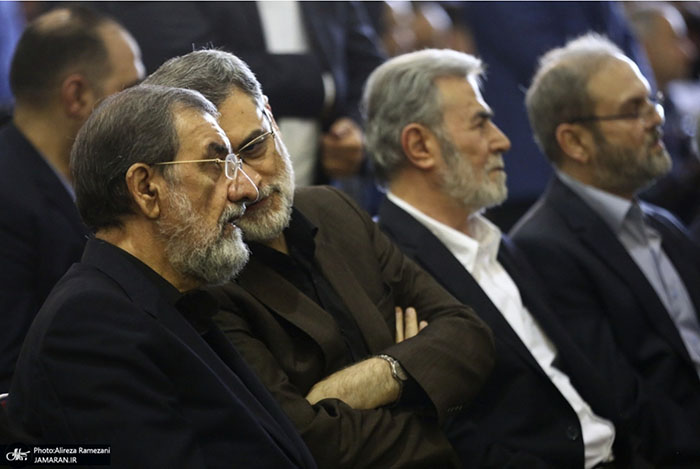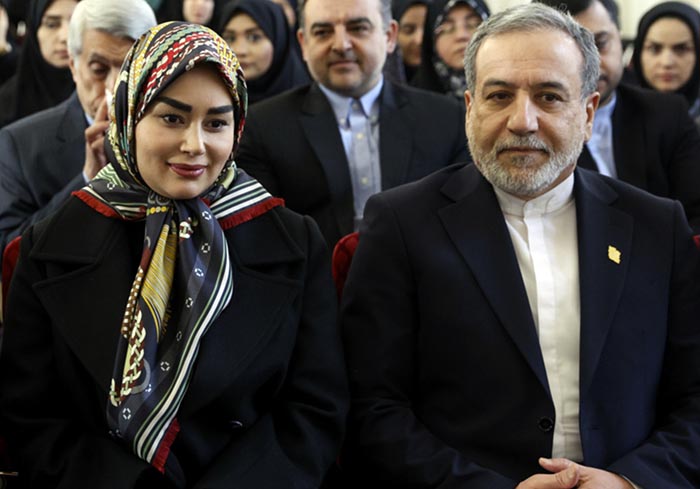More stories
Transport Motorbike Training: Empowering Women Through Safe Riding Education
Introduction In recent years, Iran has experienced a transformative shift in its transportation landscape, driven by urbanization, economic development, and … Continue reading ➝
Peyman Maadi and Daughter Baran Maadi Shine at the 22nd Marrakech International Film Festival
Introduction The 22nd Marrakech International Film Festival (MIFF) took place in the vibrant city of Marrakech, Morocco, from December 4 … Continue reading ➝
The Exclusive Sight: Abbas Araqchi with His Young Wife at a Women’s Ceremony
Introduction In the complex world of Iranian politics and diplomacy, moments that blend personal life with public appearances often become … Continue reading ➝
Mojtaba Moharrami: The Football Legend and His Controversial Shah Pahlavi Signature Tattoo
Introduction Mojtaba Moharrami, renowned former Iranian football star, has recently become the center of social media buzz and public discourse … Continue reading ➝
Fereshteh Hosseini and Navid Mohammadzadeh’s Stunning New Photos Abroad: A Deep Dive into Their International Presence
Introduction In recent months, the popular Iranian actress Fereshteh Hosseini and acclaimed Iranian actor Navid Mohammadzadeh have made headlines worldwide … Continue reading ➝





